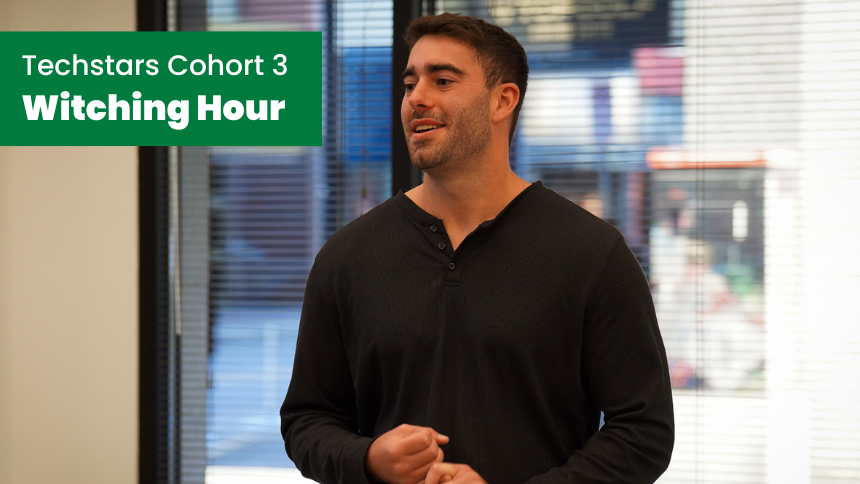
Witching Hour’s Lance Adler started his first business when he was 16
The idea behind his latest start-up came while he was working for a utility company blamed for many of the wildfires that have plagued the State of California recently.
Lance Adler has moved around a lot for a 28-year-old.
He attended three different high schools in two states – two in Florida and one in New Jersey – and graduated from the University of Central Florida in 2020 with a B.S. in Electrical and Electronics Engineering.
Adler started his first business at 16 years of age and joined with his twin brother two years later to launch an energy drink company named LiKuid. In college, he operated a hot dog stand, and there was also a snack company, appropriately named Sow Good Seeds.
You get the picture. Adler is an aspiring entrepreneur.
While working in San Diego after college graduation, he says that he wanted to stop doing food and beverage and work to solve a much bigger problem. The idea behind the company named Witching Hour came to Adler while he was working for a utility company blamed for many of the wildfires that have plagued the State of California recently.
Today, his company, founded after he quit his job in May 2023, is one of the 10 participants in the third cohort of the “Techstars Industries of the Future Accelerator” currently underway in Knoxville. Demo Day is set for 4 to 8 p.m. EDT June 6 at Regas Square, 333 West Depot Avenue, and the public is invited. To register, click here.
What does Witching Hour do? It utilizes advanced materials to reduce faults and ignitions of power lines that can lead to catastrophic forest fires. On its website, the start-up explains that current mitigation efforts include installing covered conductor and underground power lines that can cost up to $4 million a mile. “Our technology can reduce this cost by up to 97 percent,” Witching Hour says.
“Utilities know which (electrical) lines are high risk,” Adler adds. The company offers a two-part product or service, both involving advanced technology.
- One is a material that coats the high-risk electrical lines to prevent forest fires that can occur for any of several reasons.
- The other is a robotic machine that coats the lines, eliminating the need for human intervention and, as a result, providing a much safer solution.
Adler applied to the Techstars program because of the benefits that he saw from each partner – Oak Ridge National Laboratory (ORNL), Tennessee Valley Authority (TVA), and the University of Tennessee, Knoxville (UTK).
“Our material is reading for testing with the partners,” he says.
The robot is currently being built and will be shown at Demo Day. Adler sees ORNL’s Manufacturing Demonstration Facility as an asset for robotics. Finally, TVA is the nation’s largest public utility and a potential early customer.
Even though he’s only 28 years of age, Adler has several start-ups under his belt, so we asked him about lessons learned. His responses were:
- Shoot for a big problem that people can get behind.
- Be as lean as possible.
- Be able to pivot quickly.
- Be able to answer the question: “What is the best way to solve the problem?”
Adler told us he really likes the region and plans to extend is lease on the Airbnd for at least another few months.
Like what you've read?
Forward to a friend!

